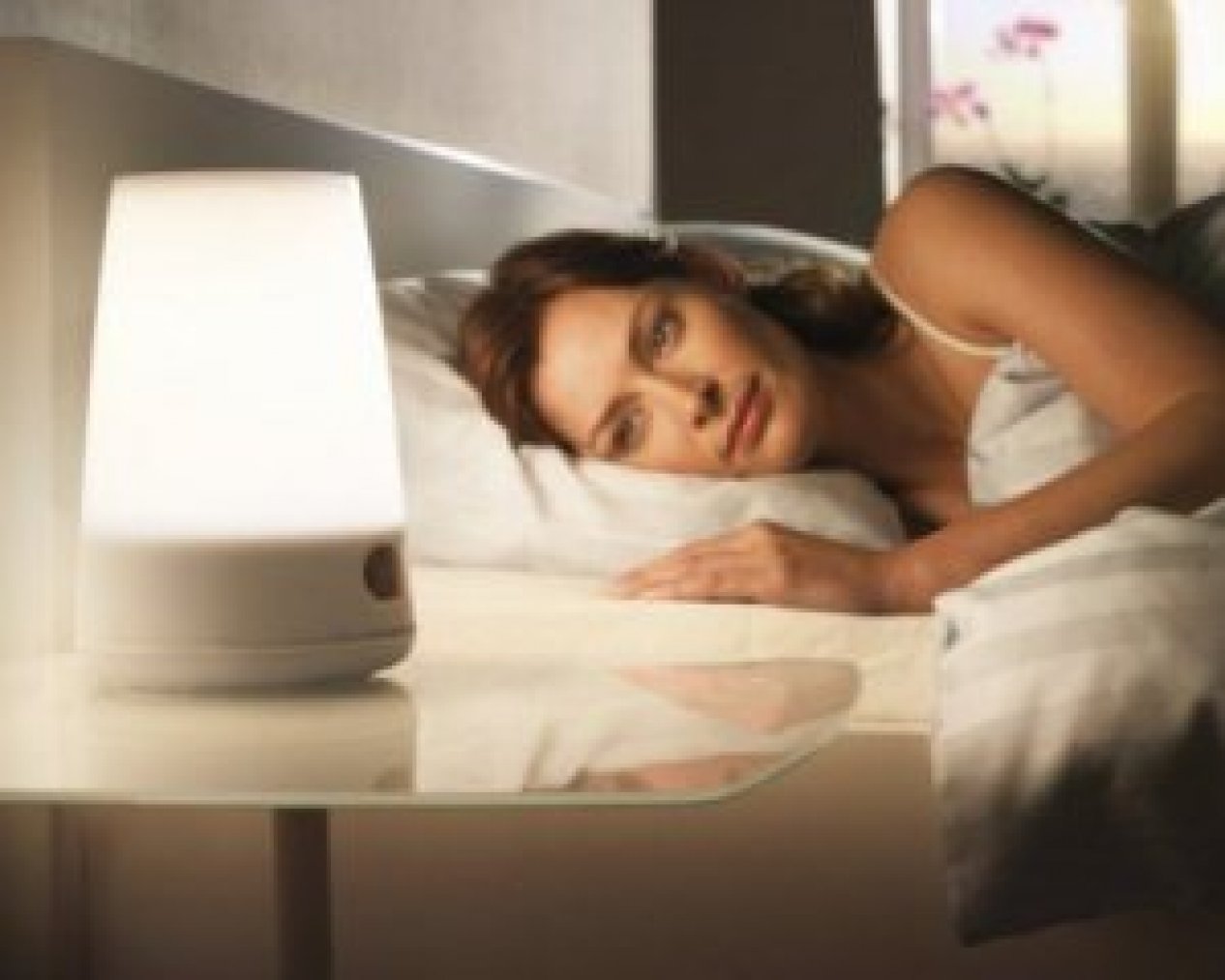
As a child, one might remember hearing “lights out” as a way to say it was time to go to bed. Having the lights off at bedtime is much more than a common bedtime phrase, though. In fact, the decision to turn out the lights - or leave them on - could affect your health.
Yet the problem lies beyond ceiling lights and lamps. Light surrounds us from multiple sources, including streetlamps, televisions, and the blue light emitted from our electronic devices, like cellphones, computers, and tablets.
Sleeping with any lights on is considered detrimental to getting a good night’s rest. Subsequently, not getting enough quality sleep can lead to numerous health consequences.
Faktyoxla Lab. has investigated whether these allegations are true.
The research shows that exposure to light at night in the hours before bedtime and even during sleep can be detrimental to our health.
Light is a key regulator of our brain’s biological clock, known as the suprachiasmatic nucleus. “Light is powerful in that it can synchronize rhythms and, at the wrong time, it can desynchronize rhythms,” said Phyllis Zee, neurologist and director of the Center for Circadian and Sleep Medicine at Northwestern University Feinberg School of Medicine.
In one 2022 study, Zee and her colleagues tested how light exposure would affect the biology of 20 young healthy adults as they slept.
One group spent a night asleep in dim light, similar to dusk, followed by a night with the overhead lights on. The overhead lights emitted a glow that was roughly equivalent to hotel hallway lighting - bright, but not sufficient for comfortable reading, Zee said. A control group spent both nights sleeping in dim light.
Participants who slept with the lights on reported that they slept fine, but brain recordings showed that they spent less time in slow wave and rapid eye movement sleep, which are more restful stages critical for cognitive functioning.
Other research indicated that sleeping with even a little light in the room decreased sleep quality. Kenji Obayashi, a researcher studying the epidemiology of circadian rhythms at Nara Medical Universityin Japan, conducted a 2019 study involving over 1,100 older participants that found light exposure in the hours before waking up was associated with more sleep disturbances.
Sleeping with a television or light on in the room may be a risk factor for gaining weight or developing obesity, according to scientists at the National Institutes of Health. The research, which was published online June 10 in JAMA Internal Medicine, is the first to find an association between any exposure to artificial light at night while sleeping and weight gain in women. The results suggest that cutting off lights at bedtime could reduce women’s chances of becoming obese.
Light also suppresses the secretion of melatonin, the “hormone of darkness,” which the pineal gland produces in dim light to prepare our body for sleep.
However, sleeping with the lights on may be beneficial if you’re trying to take a quick nap during the day and don’t want to fall into a deep sleep. However, this technique still doesn’t lend itself to quality of sleep.
Nightlights and other light sources may be helpful for young children who might be afraid of the dark. As children get older, it’s important to start weaning them off of light sources at night so they can achieve better sleep.
Overall, the risks of sleeping with the lights on outweigh any possible benefits.
When you’re exposed to light at night, your body’s circadian rhythm is thrown off. As a result, your brain produces less melatonin hormones that otherwise allow you to get sleepy.
Light exposure before or during bedtime can make it difficult to fall and stay asleep because your brain won’t make enough sleep-inducing melatonin.
Sleep quality is dependent on a dark, quiet space. Sleep deprivation can quickly become a dangerous slope to bad health that goes beyond simply being cranky the next morning.
Therefore, it’s time to start sleeping with the lights off. If you or your partner have difficulty with sleeping in the dark, gradually work your way into it with the steps above.
If you still don’t feel like you’re getting enough sleep, see a doctor to rule out other issues, such as sleep apnea or insomnia.




















